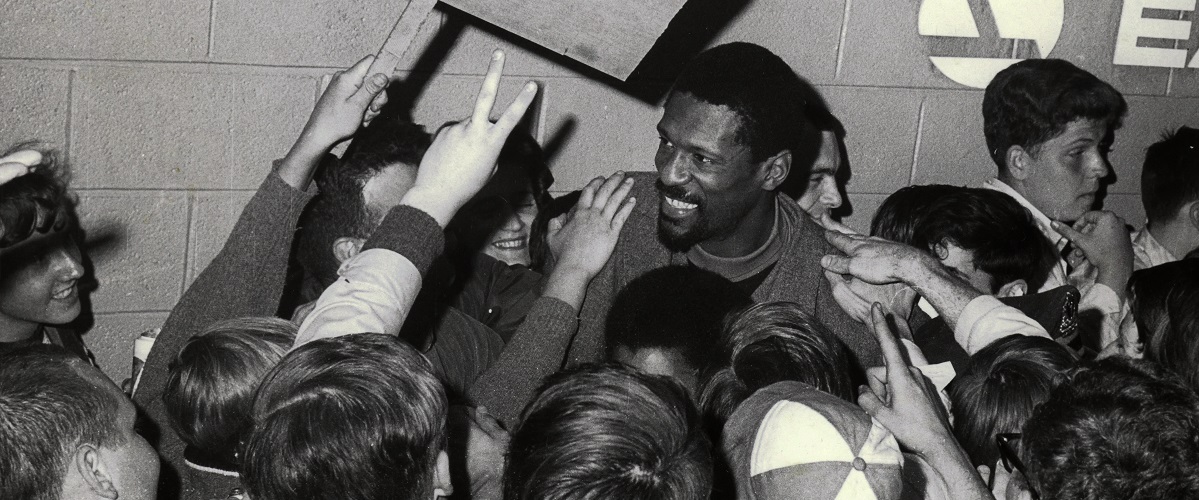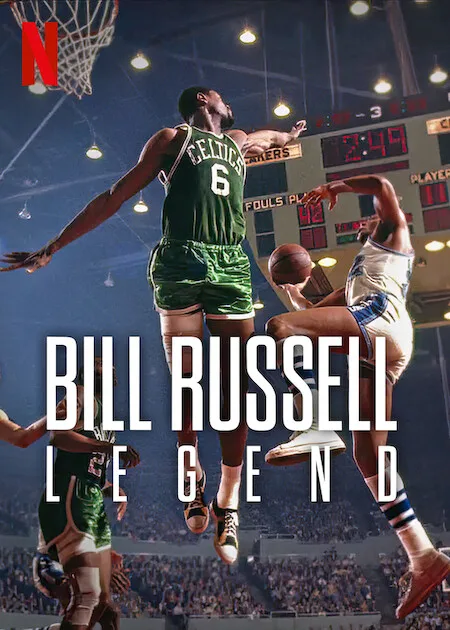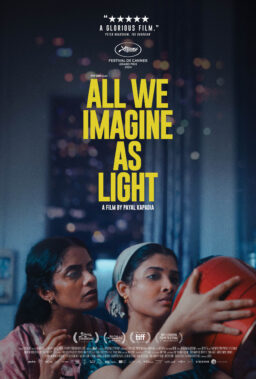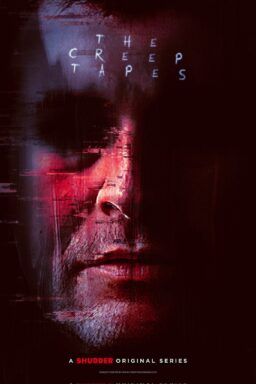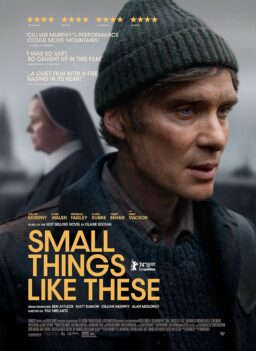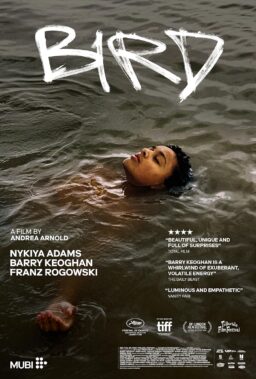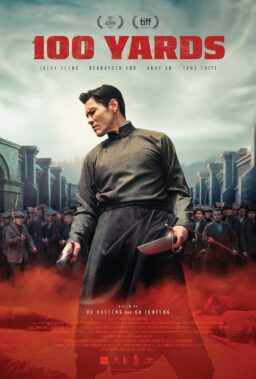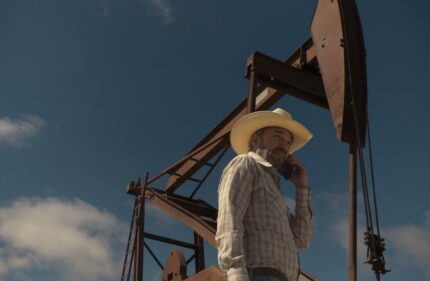Netflix has become a home for top-notch sports documentaries, and this week brings the streaming service one of its most prestigious, a two-part film from Sam Pollard, the brilliant director behind "MLK/FBI" and co-director of "Mr. Soul!" The historian turns his eye to one of the most important sports figures of the 20th century, a man who changed the game of basketball forever and created a dominant winning culture in Boston that still gives the Celtics legendary status. Bill Russell is often considered on the Mount Rushmore of NBA players, but "Bill Russell: Legend" also celebrates his importance as a civil rights icon. The two-part film details the racism he faced even as he was winning championships and how important equality was to the man who stood alongside Muhammad Ali as he protested the war and aligned with Colin Kaepernick when he took a knee. "Bill Russell: Legend" runs almost 200 minutes in total, which can be a lot for non-fans, but it feels like Pollard knew that one feature-length doc wouldn't be enough for a man who was as big as Bill Russell, and I don't just mean his height.
Pollard knows how to assemble a project like "Bill Russell: Legend," seamlessly flowing from how Russell performed on the court to stories of his life off of it with passages from his memoirs read by Jeffrey Wright. (The entire project is also narrated by Corey Stoll.) Russell, who passed just last year, became an outspoken activist over his life, but it's startling how groundbreaking he was for a sport that was still almost entirely white when he transformed it. I was fascinated by stories of a young Russell trying to memorize Michelangelo paintings in library books and then recreating them when he got home, as his gameplay revealed an obsession with body angles. He knew where someone was going with the ball before they did because of what his opponent's body told him. Pollard's film includes a ton of archival game footage, and it's stunning to see Russell look like he's playing a different game than everyone around him.
And yet he couldn't get the credit he deserved as he was destroying all expectations because of the era in which he joined the game. Despite taking the San Francisco Dons to two consecutive NCAA championships, his white colleagues always got the credit. Even during an insane run in which the Celtics won 11 NBA championships over Russell's 13-year career—a streak that will never happen again—Boston sports press never seemed to give Russell enough credit. He was the first Black superstar NBA player, and he never forgot what that meant.
Of course, the gentlemen who followed in his wake are interviewed in "Bill Russell: Legend," including Steph Curry, Isaiah Thomas, Jalen Rose, Larry Bird, Magic Johnson, Chris Paul, and more. Shaquille O'Neal jokes that part of every big man's salary should go to Russell because of how much they owe him. There are times when "Bill Russell: Legend" is a little thin with NBA analysis, but the material about Russell's life off the court really captivates. Pollard not only got an interview with Russell himself before his death but also with his daughter and colleagues from those Boston years, who speak to "Russell the man" instead of "Russell the legend."
As much as Bill Russell carried his teammates, he felt a responsibility to do so for his people too. "He was aware of the racial weight on his shoulders," says someone in the doc, and it adds to his legacy to consider how much he had to overcome. He marched with MLK when he wasn't dunking on his opponent. What I took away from "Bill Russell: Legend" was how one descriptive word doesn't capture this very complicated sports figure. He was an athlete, for sure, but he was also a thinker, a pioneer, and sometimes even a difficult teammate. The best documentaries don't reduce their subject to the public impression of them but unpack what even fans didn't know to make them more three-dimensional than a highlight reel. I respected what Bill Russell meant to the NBA before this project. Now I respect what he meant to history.
On Netflix today.
